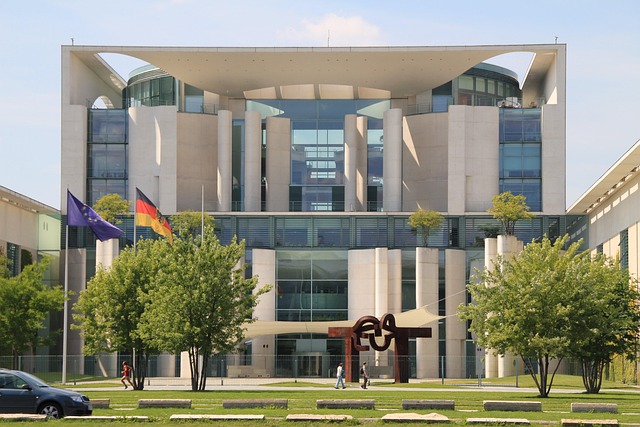In Washington D.C., strict Spam Call law firm DC regulations protect residents from unwanted political phone solicitations. Campaigns must obtain explicit consent before contacting voters, with penalties for violations. This has led to a shift in strategies, with campaigns focusing more on digital platforms and targeted, personalized outreach while respecting individual privacy choices. Law firms adapt by managing accurate voter data and ensuring legal communication practices to avoid fines and maintain compliance with Spam Call law firm DC standards.
In Washington D.C., political campaigns face unique challenges due to stringent No Call Laws aimed at combating nuisance calls, including those from Spam Call law firms. This comprehensive guide explores the intricate dynamics of these laws and their profound impact on political strategies. We delve into how Spam Call law firms adapt tactics to target campaign phone banks, offering critical insights for navigating legal boundaries. From understanding regulatory frameworks to implementing effective compliance strategies, this article equips campaigns with essential tools to thrive within D.C.’s legal landscape.
Understanding No Call Laws in Washington D.C.: A Comprehensive Overview
In Washington D.C., No Call laws are designed to protect residents from unwanted phone solicitations, including political campaigns. These regulations, often referred to as the Spam Call law firm DC, have strict guidelines that must be adhered to by all organizations engaging in telemarketing activities. The primary goal is to ensure citizens’ peace of mind and privacy by minimizing intrusive calls.
Under this law, political campaigns must obtain explicit consent from individuals before initiating phone contact. This means that callers cannot leave messages or make calls unless they have prior permission from the recipients. Failure to comply can result in significant fines, making it crucial for campaign organizers to understand and respect these regulations.
The Impact of Spam Call Law Firms on Political Campaigns
In Washington D.C., strict no-call laws targeting Spam Call law firms have significantly reshaped political campaigns’ communication strategies. These regulations, designed to protect residents from unwanted telemarketing and robocalls, now apply to political messaging as well. As a result, campaign teams must navigate intricate do-not-call lists and opt-in systems to ensure their messages reach the intended audience without causing annoyance or infringing on privacy. This shift has led to increased reliance on digital platforms and personalized, targeted outreach.
Spam Call law firm DC operations have had to adapt, focusing more on accurate voter data management and consent-based communication. Political campaigns now employ sophisticated databases and analytics tools to identify and engage supporters effectively while adhering to legal boundaries. This evolution necessitates a delicate balance between effective mobilization and respecting individual choices, reflecting the dynamic nature of modern political engagement in the capital.
Navigating Legal Boundaries: Strategies for Campaign Compliance
Campaigns in Washington D.C. must carefully navigate a complex web of regulations, especially regarding communication with voters. The strict Spam Call laws implemented by the DC Attorney General’s office demand that political campaigns respect individual privacy and consent. Failure to do so can result in significant fines for both candidates and their associated law firms.
To ensure compliance, campaign strategists must employ sophisticated targeting methods, obtaining explicit opt-in consent from potential voters before initiating any communication. This includes implementing robust data management practices and utilizing legal call lists. By adhering to these guidelines, campaigns can effectively reach out to constituents while steering clear of legal repercussions often associated with Spam Call law firm DC.






